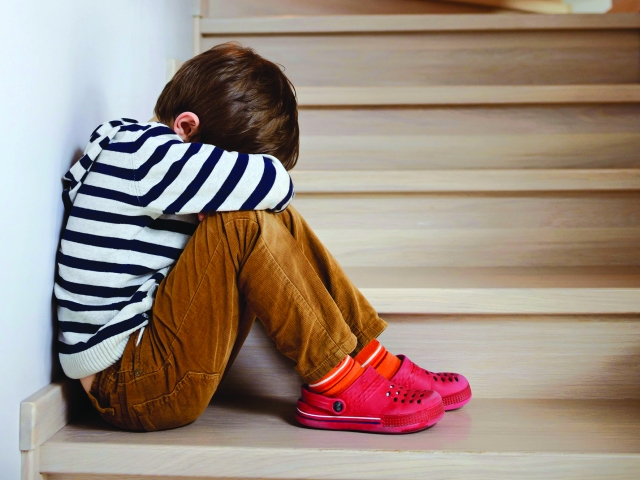Ending Sexual Exploitation & Abuse of Children: Working towards a World of Trust
This week, the Council of Europe’s (CoE) Convention for the Protection of Children against Sexual Exploitation & Sexual Abuse (the Lanzarote Convention) celebrated its 10th anniversary. The Convention, which was opened for signature on 25 October 2007 on the Spanish island of Lanzarote, remains to date the most ambitious and comprehensive international legal instrument for the protection of children from sexual abuse and exploitation.
“The best estimate is that one in five children at some point faces sexual exploitation or abuse,” said Deputy Secretary General of the Council of Europe, Gabriella Battaini-Dragoni, in her address to conference attendees. “The trauma of such experience can last a lifetime: disrupting formal education, marring career prospects and resulting in a whole variety of mental health problems”.
The Lanzarote Convention deals with prevention, protection and prosecution of sexual exploitation and abuse of children. It criminalizes such offences as sexual abuse, child prostitution, child pornography, participation of a child in pornographic performances, corruption of children, as well as solicitation of children for sexual purposes (grooming). The Convention has now been ratified by 42 of the Council of Europe member States (all but Armenia, Azerbaijan, Ireland, Norway and the United Kingdom) and is open to States outside Europe.
“It is positive to see the way in which the Convention has raised awareness, laws have changed, and capacity to prevent and respond to sexual offences against children have improved in those countries that have signed it,” Deputy Secretary General added.
Among the significant achievements of the Convention are two monitoring reports on how countries implement the Convention.
Given that 70-85% of sexual abuse is committed by people from the “circle of trust” of the child, the first monitoring round completed in December 2015 focused on this theme. An example of good practice highlighted in the first monitoring report was the Icelandic model of a “children’s house” – a facility for children who have survived sexual abuse that can, in particular, be used to interview them in a child-friendly manner, during a single encounter with a specifically trained person, thus eliminating the need to go to the police and other agencies and revive the trauma. Since 2015, a number of states, such as Cyprus, Denmark, Lithuania and Sweden have adopted this model, and many more are considering doing so.
In March 2017, an urgent monitoring round on the risks of sexual exploitation and abuse of children affected by the refugee crisis was completed. Practical measures recommended by the report include screening children for signs of exploitation, ensuring that their rights are explained to them, and equipping safe reception centers for them.
In June 2017, a new monitoring round focusing on the protection of children against sexual exploitation and abuse facilitated by information and communication technologies was launched. Based on the replies by Parties to a detailed questionnaire and comments on such replies by civil society, the Lanzarote Committee will examine the situation in 2018-2019.
“We have come far in the last ten years, but there is further to go,” Battaini-Dragoni said. “Every child who can be spared the terrible experience is worth every effort we make”.
The CoE












